January 5, 2018
As stories of sexual assault and harassment fill our newsfeeds, it’s critical that we talk to children about this issue and its impact. 1 in 10 children will be sexually abused by the time they turn 18, yet only a third will report it. As professionals, we need to be able to talk to the families we work with about what they can do when trying to raise a family in a world where sexual assault is a daily news story. We need to empower parents and give them tools to use to address the issue with their children.
We’re hearing a lot in the news about high-profile sexual assault and harassment cases, which means kids are hearing about it too. How should parents handle it?

The age of the child should dictate how parents handle this issue. For younger children, simply turn off the television and limit what they are exposed to. For older children, parents should use it as a teaching moment – keeping open channels of communication, discussing vocabulary, and making sure their older children and teens know it is okay to ask questions.
It is also important that parents, or any adults for that matter, don’t normalize the behaviors and actions.
By opening up lines of communication with the parents we work with, we are helping end the taboo of sexual misconduct. They will then become more comfortable talking to other adults in their children’s lives like caregivers, teachers, coaches, and relatives.
Much of what has been reported in the news has its basis in boundary violations. It is important that we teach children about their boundaries and model appropriate boundaries when we are around children. Darkness to Light outlines this perfectly:
If you are a “bystander” who witnesses a boundary violation, or sees a situation in which a child is vulnerable, it’s not important to know the intentions of the person who crossed the boundary. What is important is that you reinforce the boundary – even if you are in front of others, or in a public setting.
Describe the Behavior:
“It’s against policy for you to be in the classroom alone with a student.”
Set a Limit:
“You need to take your conversation to the student lounge.”
Move On:
“I’m on my way there, now, so I’ll walk with you.”
The current news cycle has sexual assault in the spotlight, which means our kids are hearing about it. Instead of shielding them from the discussion, let parents know they should be the one to start it with them. It can be uncomfortable at times, but the hard work is worth it when it means parents can educate their children and establish a safe place for them to ask questions and share feelings in the future.
— Tracy Leonard, Public Education Manager: tleonard(at)scanva.org
